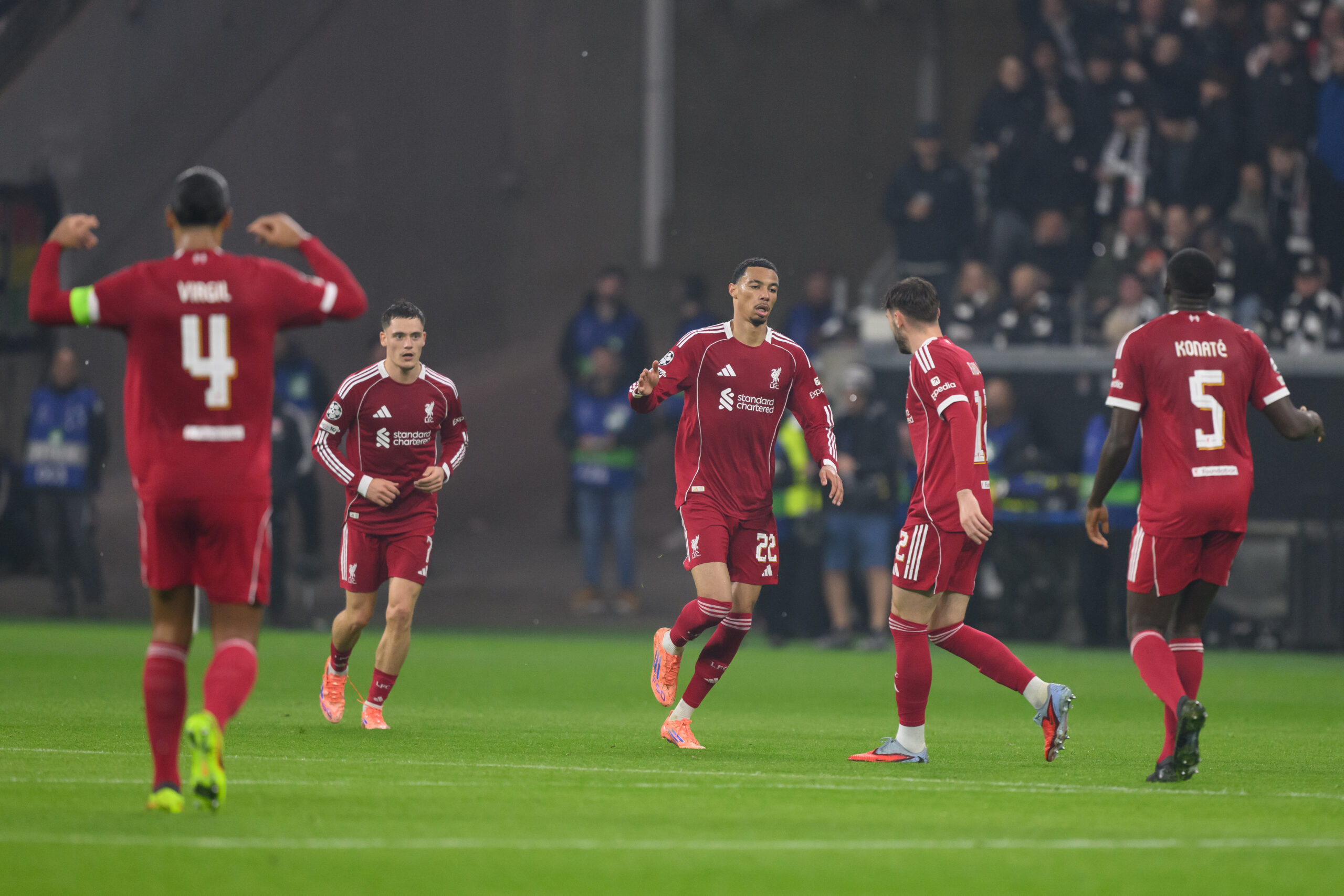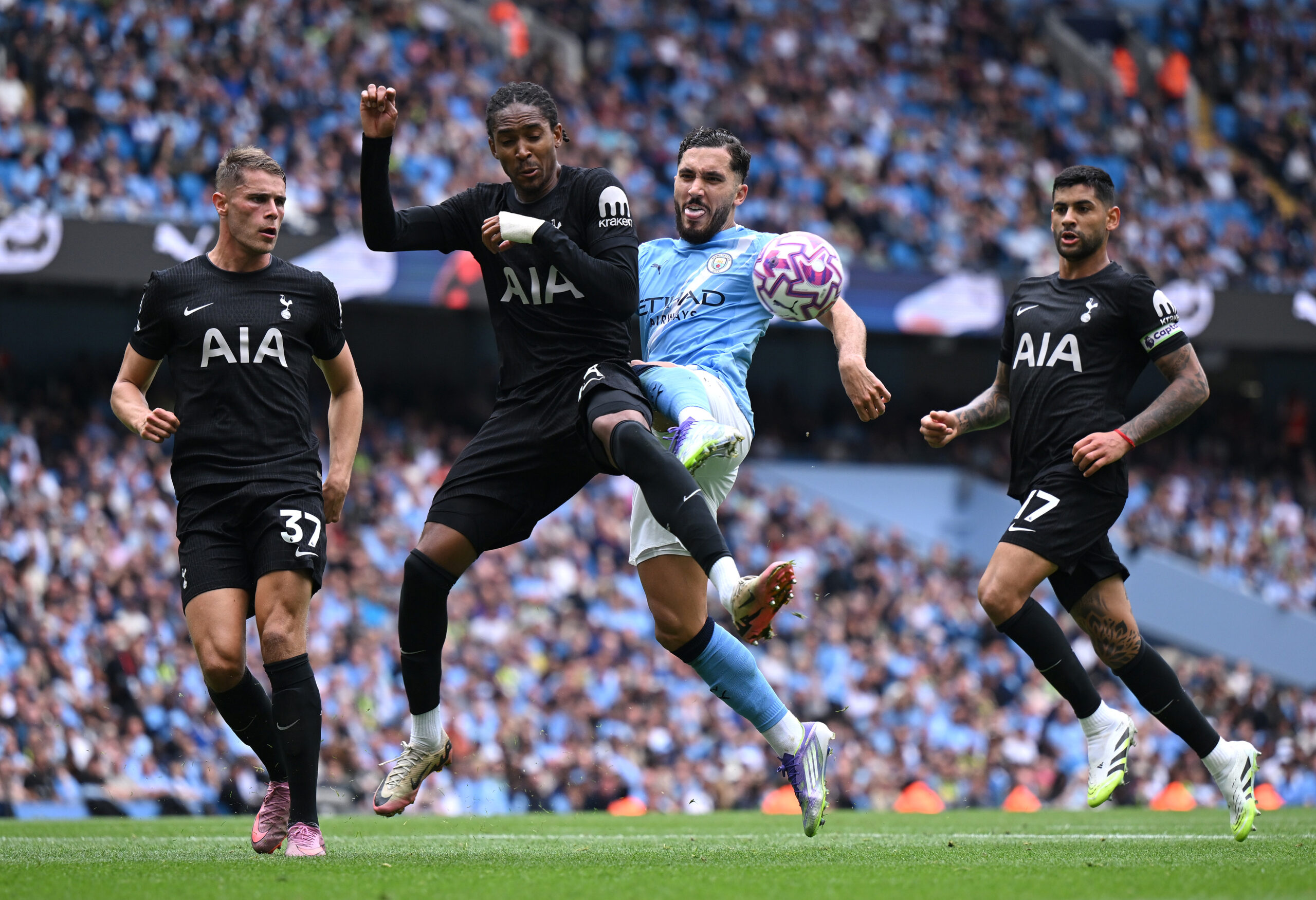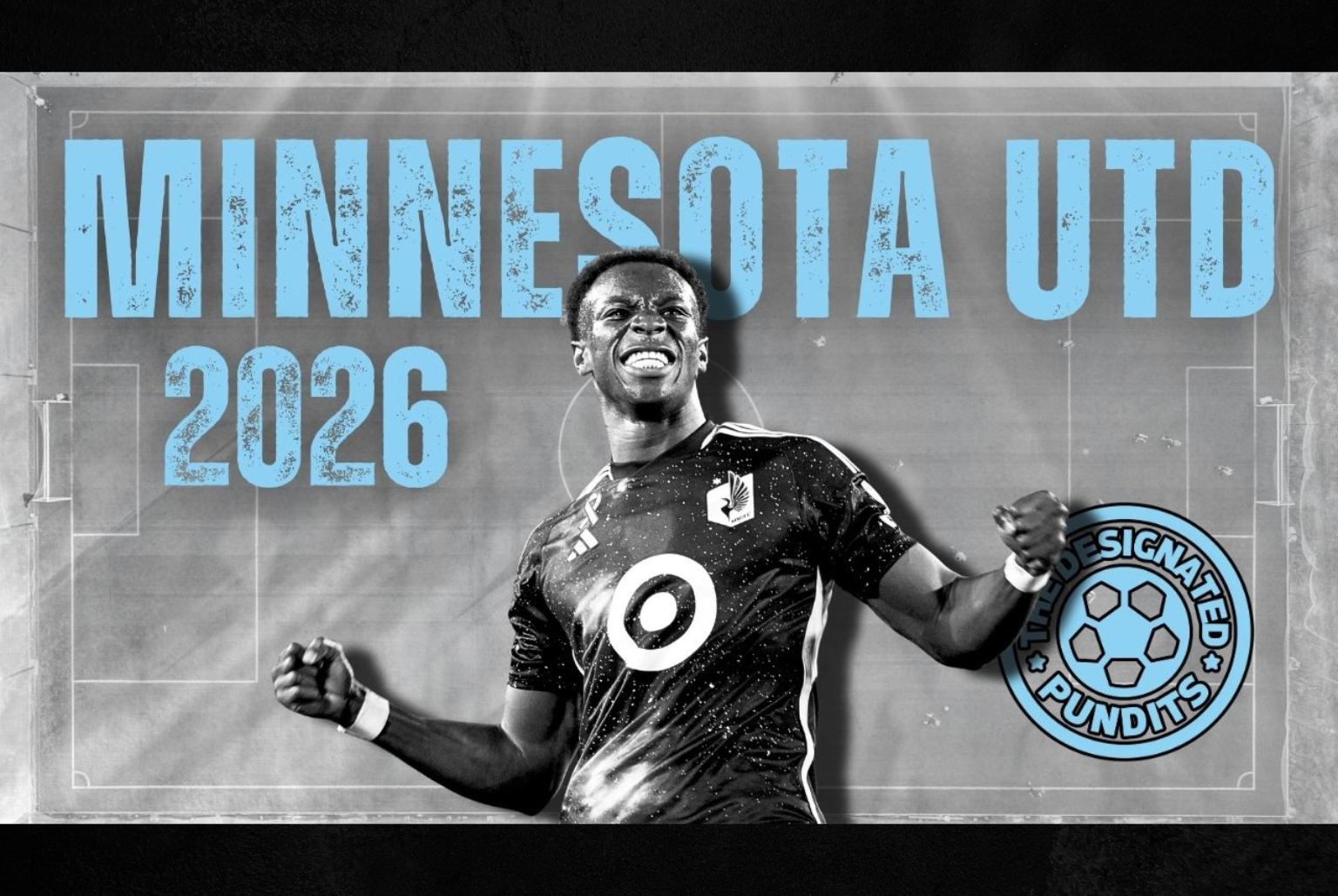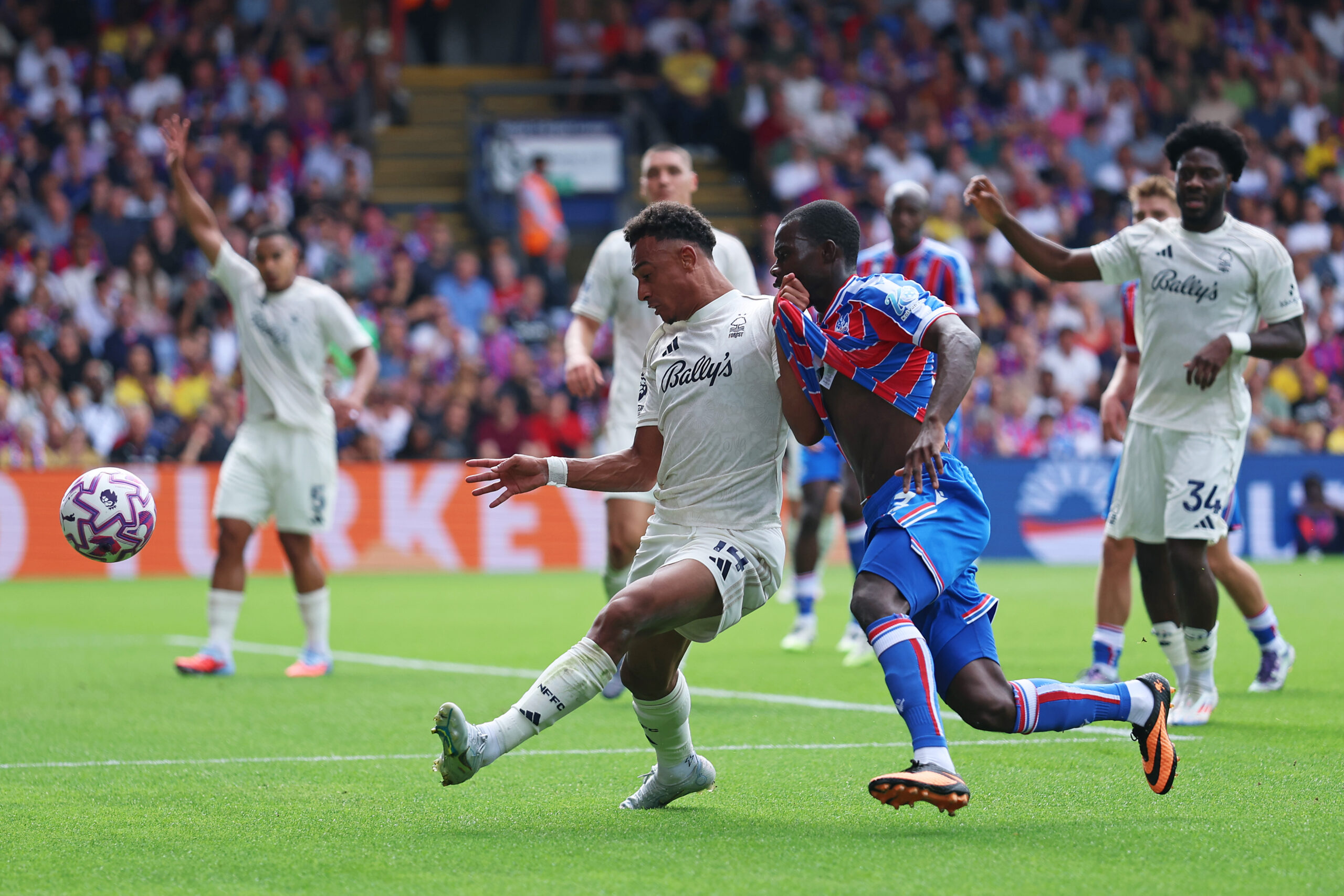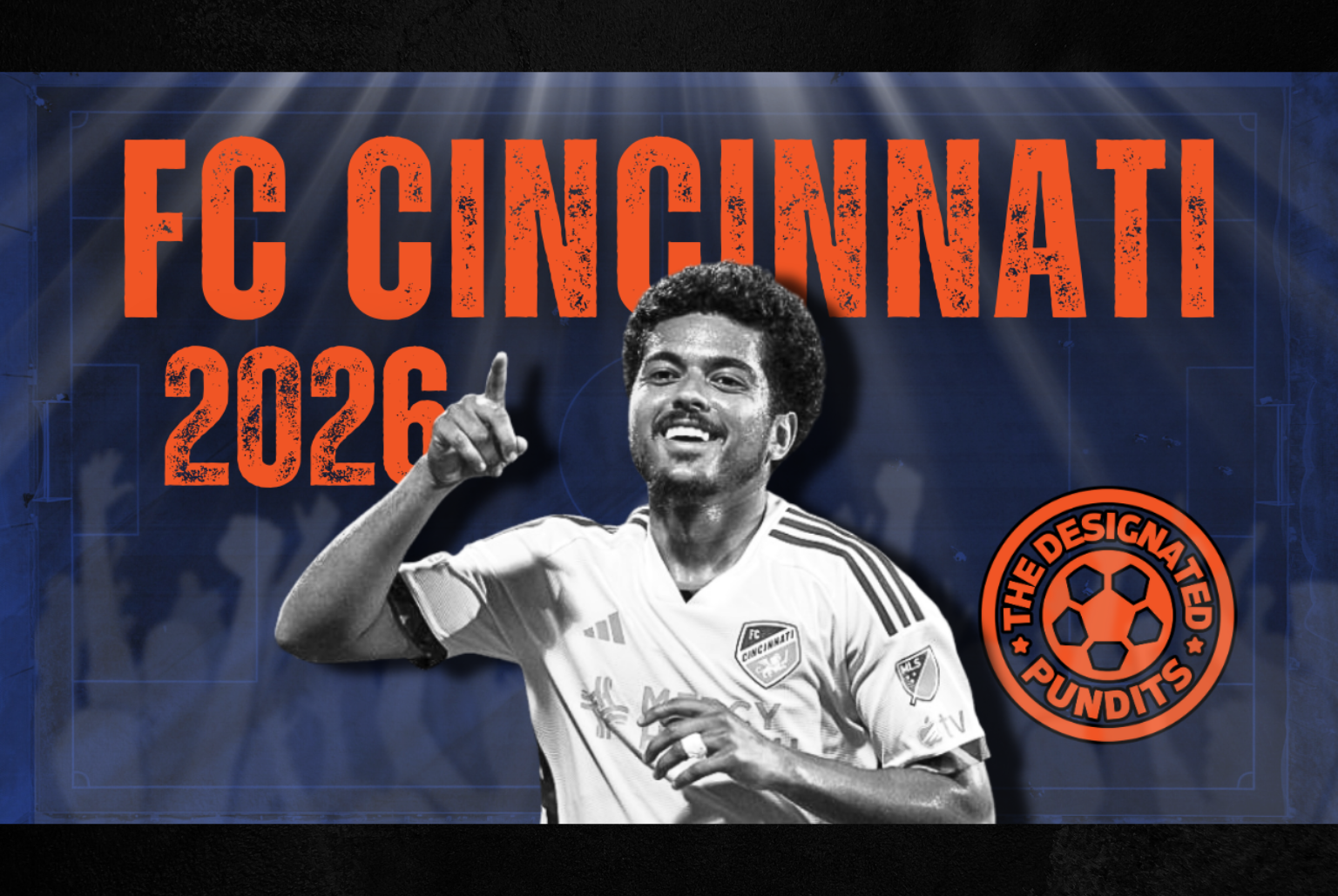In modern football, narrative often outpaces nuance. A few wins and a team is lauded as untouchable; a few defeats and “crisis” is declared, especially on social media. Liverpool, more than most clubs, exist under this microscope. After four consecutive defeats to Crystal Palace, Galatasaray, Chelsea, and Manchester United talk of a “crisis” had become deafening. And then came Eintracht Frankfurt.
Crisis? What Crisis?
A 5–1 victory in Germany might have been expected to calm nerves, but in truth, it does something more subtle: it forces reflection. What exactly is Liverpool’s “crisis”? And does this win really change anything?
There is a peculiar extremism in today’s football discourse. Everything is absolute: teams are either the best in the world or completely inept, and there is often little room for the in-between. Liverpool’s season so far is a perfect illustration. Seven straight wins at the start of the campaign had them lauded as unbeatable, flawless, and in full control. Four defeats later, suddenly the same squad is “broken,” a once-great side incapable of delivering anything meaningful.
Social media amplifies this. Every mistake, every slip, is dissected, shared, and weaponised.
A Good Night in Hesse
Wednesday night in Germany was, for Liverpool, a night of clarity. From the outset, the team displayed purpose, fluidity, and confidence qualities that had been largely absent in recent weeks.
Hugo Ekitike’s composed finish to equalise after Rasmus Kristensen’s early goal was a statement Liverpool would not crumble under pressure. From there, the performance built momentum.
Curtis Jones’ return to midfield was significant. His intelligent movement and poise in possession injected rhythm back into a side that had looked disjointed. Dominik Szoboszlai’s display was authoritative, his energy and timing dictating the pace of the game. Alexander Isak, despite leaving with a groin injury at half-time, had provided a focal point in attack, linking play and creating space for others.
Even Florian Wirtz, still adjusting to the tempo of English football, made an immediate impact with two assists. The set pieces, which had drawn criticism in previous weeks, were executed ruthlessly, with Virgil van Dijk and Ibrahima Konaté both rising to meet pinpoint deliveries.
Don’t Be Fooled
Yet the win should not mask reality. Liverpool’s recent defeats were not simply bad luck or an unlucky run. They were symptoms of structural issues: a team struggling with cohesion, rhythm, and identity. The midfield lacked its usual orchestration. The press was inconsistent. Transitions were slow, and goals often came more by accident than design.
At Galatasaray, the Reds shrank under pressure. Against Manchester United, they offered only occasional dominance. Somewhere between the lines, instructions began to fray. The fluid, almost musical patterns of last season gave way to improvisation and a reliance on flashes of individual brilliance to get a result.
Injuries have compounded the problem. Frimpong and Isak both limped off against Frankfurt, raising questions about the squad’s depth and resilience. Mohamed Salah’s form has been patchy, and integrating him into Arne Slot’s evolving system remains a challenge.
The result, while aided by Frankfurt’s defensive vulnerabilities, was a reminder of what Liverpool football can look like: coordinated, confident, and clinical.
A New Look
Wednesday’s performance also demonstrated Slot’s willingness to innovate. The 4-2-2-2 shape, with full-backs pushing high, Wirtz in half-spaces, and a double pivot protecting transitions, created balance while allowing attacking freedom. Ekitike and Gakpo stretched Frankfurt’s backline, giving Jones and Szoboszlai space to control the midfield.
This tactical shift highlights a crucial point: Liverpool’s struggles are not entirely down to personnel. Slot is experimenting, seeking a blueprint that accommodates a reshaped squad while maintaining the identity Liverpool fans expect. It is a delicate balance between adaptation and tradition. The Frankfurt performance suggests this approach can work, but it will require consistency, fitness, and careful management of players like Salah and Isak.
Transition, not Crisis
So, is Liverpool in crisis? Not in the dramatic, club-defining sense that headlines might suggest. What they are experiencing is transition: recalibration after a summer of wholesale change, adaptation to a new system, and the inevitable growing pains of integrating new signings with existing leaders.
Liverpool’s talent is unquestioned, their ambition intact, and their capacity for cohesion still present. What is lacking is consistency, clarity, and confidence qualities that, with the right tactical and personnel adjustments, can be restored.
Frankfurt was a reminder of Liverpool’s potential, not a resolution of all their problems. Brentford and other Premier League opponents will provide sterner tests than a vulnerable German side.
After Frankfurt, the Reds have a chance to show whether this performance is a turning point or a brief respite. For now, they can hold their heads high, not because the crisis is over, but because they are proving that the solution lies not in panic, but in coherence, courage, and conviction.

